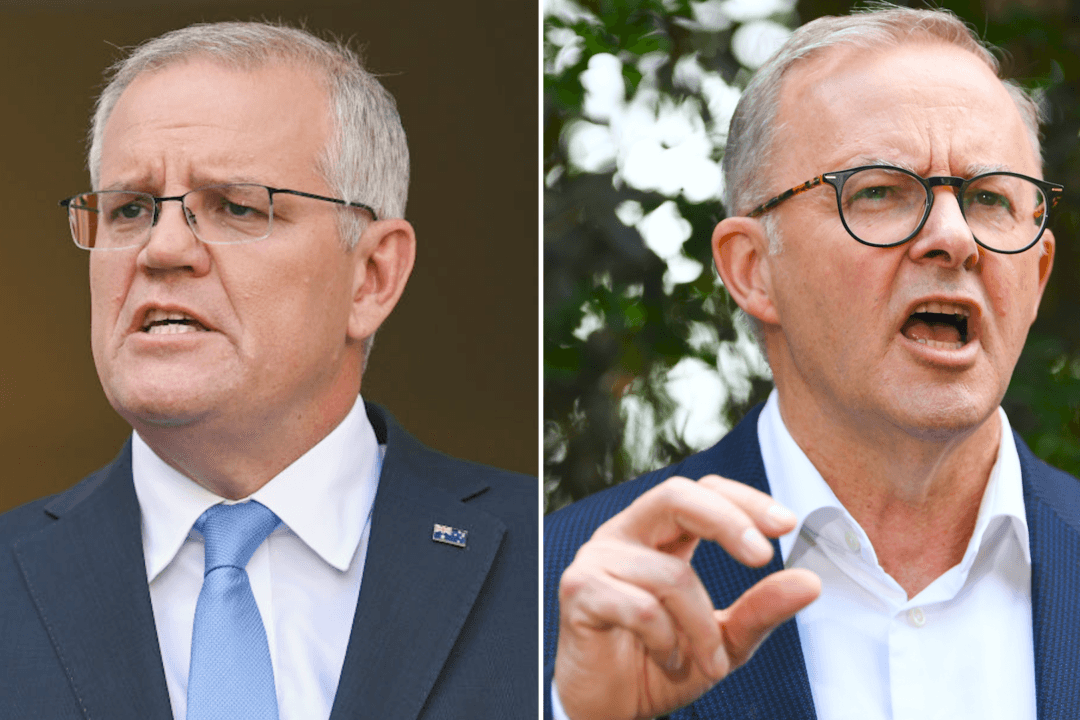After 16 years in Hong Kong, Damian Coory saw the gradual “encroachment of big government” come to a head with the Umbrella protest movement in 2014, which saw hundreds of thousands of students occupy the busy streets of the financial hub in reaction to Beijing’s growing control.
The public relations director and former TV news reporter decided it was a good time to return to his home country of Australia, where he discovered that it had changed dramatically.





